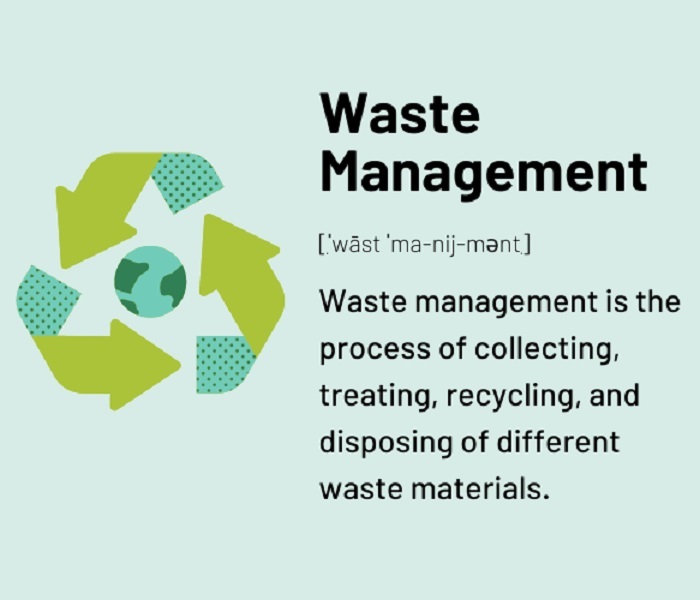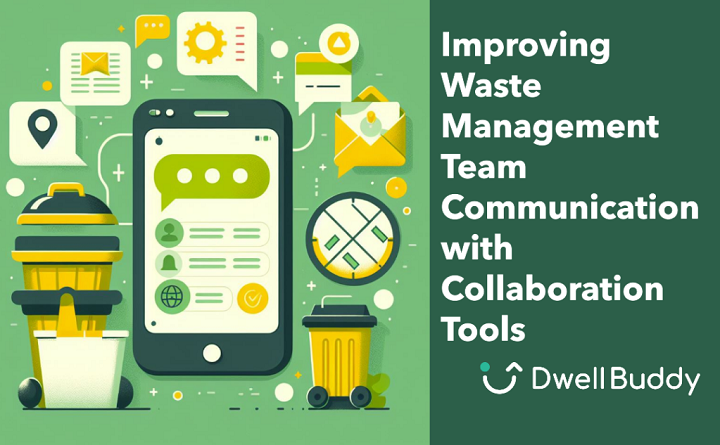In the ever-growing concern for environmental sustainability, waste management has become a critical issue for communities and businesses alike. Proper waste management not only helps in preserving the environment but also ensures public health and safety. However, navigating through the plethora of waste management services can be daunting. One of the first steps in managing waste effectively is finding the right waste management phone number. In this comprehensive guide, we will delve into everything you need to know about waste management phone numbers, why they are important, and how to find the right one for your specific needs.
What is Waste Management?

Waste management encompasses the collection, transportation, processing, recycling, and disposal of waste materials. It involves various stakeholders, including households, businesses, municipalities, and waste management companies, working together to minimize the environmental impact of waste.
Importance of Waste Management Phone Numbers:
Waste management phone numbers serve as a direct line of communication between individuals or businesses and waste management service providers. They play a crucial role in:
- Reporting Waste Collection Issues:
- Residents and businesses often encounter issues such as missed collections, overflowing bins, or damaged containers. Having a waste management phone number allows them to report these issues promptly for resolution.
- Seeking Information and Assistance:
- Individuals may have questions regarding waste disposal guidelines, recycling programs, hazardous waste disposal, or bulk item pickups. A dedicated phone number provides a convenient way to seek information and assistance from knowledgeable representatives.
- Requesting Special Services:
- Certain waste management companies offer specialized services such as bulky waste pickups, electronic waste recycling, or hazardous waste disposal. Customers can use the phone number to request these services as needed.
- Addressing Environmental Concerns:
- In case of environmental emergencies such as chemical spills or illegal dumping, having a waste management phone number readily available allows authorities to respond swiftly and mitigate potential hazards.
Finding the Right Waste Management Phone Number:
When searching for a waste management phone number, consider the following factors:
- Geographic Location:
- Waste management services are typically provided at the local or regional level. Start by identifying the waste management authority or company serving your area.
- Type of Waste:
- Different waste management companies may specialize in handling specific types of waste, such as municipal solid waste, recyclables, organic waste, or hazardous materials. Choose a provider that can accommodate your waste disposal needs.
- Services Offered:
- Evaluate the range of services offered by waste management companies, including curbside collection, recycling programs, composting, dumpster rentals, and hazardous waste disposal. Select a provider that offers the services you require.
- Reputation and Reliability:
- Research the reputation and reliability of waste management companies in your area. Look for customer reviews, testimonials, and ratings to gauge their level of service quality and customer satisfaction.
- Accessibility and Responsiveness:
- Opt for a waste management provider that offers multiple channels of communication, including phone, email, and online forms. Ensure that their customer service representatives are accessible and responsive to inquiries and service requests.
Effective waste management is essential for preserving the environment, conserving resources, and protecting public health. Waste management phone numbers serve as vital communication tools for reporting issues, seeking assistance, and accessing specialized services. By understanding the importance of waste management phone numbers and following the guidelines outlined in this guide, you can easily find the right waste management provider for your needs. Take the initiative to connect with your local waste management authority or company today and contribute to a cleaner, healthier future for generations to come.


